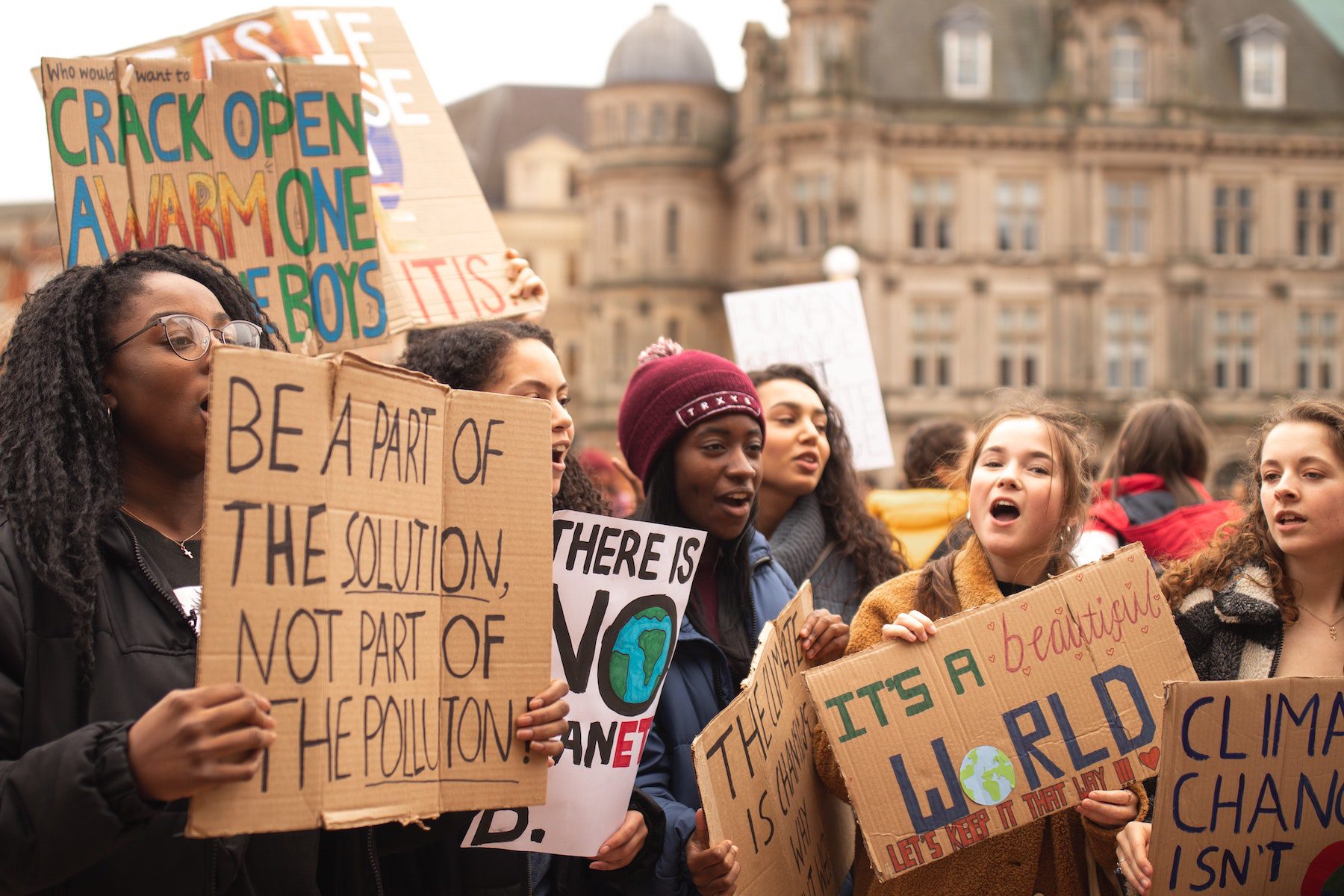In unsurprising, but utterly disheartening news, the Supreme Court voted 6-3 this week to heavily limit the Environmental Protection Agency’s ability to regulate greenhouse gas emissions from existing power plants — a decision that will likely impact the ability of the federal government to regulate other areas of climate policy in the future.
The power to enact and enforce greenhouse gas emissions from existing power plants will essentially now fall to Congress—a strategic move by anti-climate Justices to put the decision-making process in a body of government that has failed to pass any meaningful climate policy in years. The outlook on congressional climate action only seems to be growing more precarious as the midterm elections loom.
The EPA will still maintain some narrow power to regulate climate emissions, but today’s vote ensures that any climate regulation will be cumbersome and expensive. Specifically, the EPA cannot regulate the electricity generation system as a whole, but instead has to focus on individual power plants.
If that sounds confusing to you, it’s because it is. This ruling was based around an Obama-era proposal called the Clean Power Plan, which essentially said that power utilities had to reduce their carbon pollution over time by using a cap and trade market for carbon pollution. This created a gentle push for statewide power systems to generate less electricity from polluting fossil fuels and more from renewables. Research shows this is one of the most efficient and cheapest ways to reduce emissions. To set up the Clean Power Plan, the EPA basically had to treat all power plants in each state as a single electricity system—which is what today’s ruling stripped the EPA from being able to do. (Ironically, the Clean Power Plan never actually went into law — it was scrapped by Trump in 2016, yet SCOTUS decided to take this case despite no power plants ever being impacted by the law).
In plain language: the cheapest and most efficient method for the feds to curb climate emissions has been pulled off the table.
[We recommend reading this article from The Atlantic which explains today’s decision in more detail.]
Democratic Sen. Ed Markey, who proposed the Green New Deal, said the decision “lets polluters turn back the clock on 50 years of reduced pollution and improved air quality all across the country.”
Today’s Supreme Court ruling makes the future of federal climate policy and regulation uncertain at best, and obscenely burdensome and expensive at worst. Climate policy at the federal level has been deeply impaired. But there’s still hope.

We must look to local climate solutions
This massive federal setback makes our regional work in Bellingham, Whatcom and Skagit Counties, and Washington more important (and more urgent) than ever before. Local policy leadership offers impact that ripples out to other regions. And it’s worth mentioning we’re already seeing some major wins.
Just this week, the Washington State Building Code Council voted to advance the most climate-friendly state residential energy codes in the country. Knowing homes and buildings are one of the largest and fastest-growing sources of climate pollution in Washington, this is an incredible step forward. We need to keep building momentum and speak up in support of fossil-free, healthy new home construction to get these code updates across the finish line.
Similarly, Whatcom County Council in Northwest Washington is in the process of updating its Comprehensive Plan, giving teeth to the County’s Climate Action Plan that would electrify our buildings and transportation, restore rivers and wetlands, and promote smart land use and development.
Since 2012, fossil fuel companies have attempted more than 50 projects in the Pacific Northwest to export coal, oil, gas, or their derivatives. But local activism and movement work managed to cancel 40 of them, with only six actually being completed. That localized effort averted 1,717 million metric tons of annual greenhouse gas emissions.
Local and state governments have the power to fight climate change at systemic levels, but we have to keep passing climate policy and working with our lawmakers to ensure we’re getting the work done at the scale and timeline needed. Today’s SCOTUS ruling makes that abundantly clear.
If you’re ready to take meaningful action on climate change, join RE Sources by taking the 100% Northwest pledge. Together, we will transition Northwest Washington to a 100% clean energy economy by 2030 and ensure our local communities are leaders and example-setters in ensuring a healthier future. We have more policy to win, more actions to take, and a planet to save. Join us.
